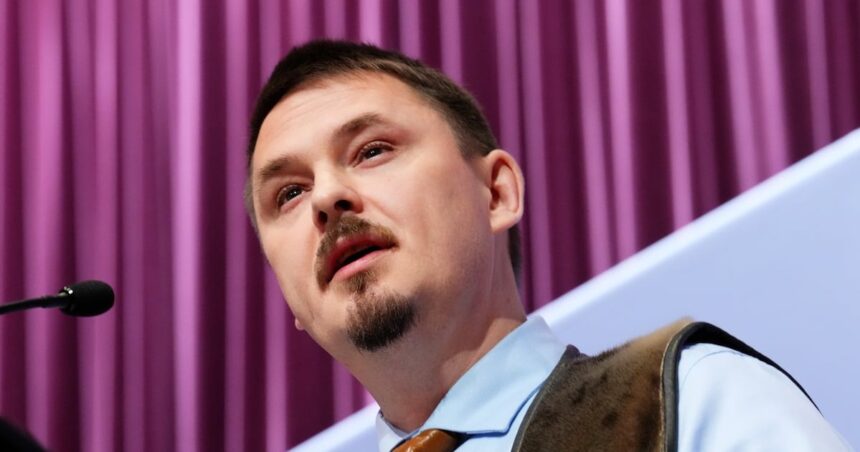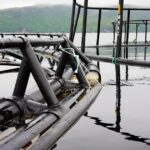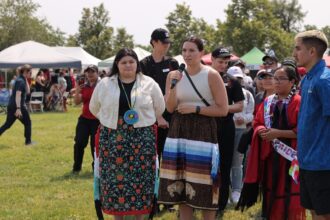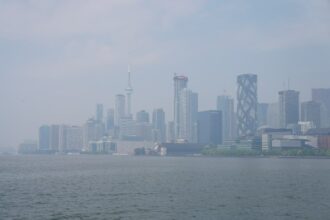In a stunning political development that has reverberated across Canada’s North, Nunavut Premier P.J. Akeeagok announced Tuesday his intention to step down from territorial politics, citing the profound desire to dedicate more time to his family after years of public service. The unexpected declaration comes midway through his first term as premier, sending ripples through Nunavut’s political landscape.
“The weight of leadership, while deeply fulfilling, has come at a considerable personal cost,” Akeeagok stated during an emotional press conference in Iqaluit. “After much reflection and conversations with my family, I’ve made the difficult decision to prioritize those who have sacrificed most during my political journey.”
Akeeagok, who has led Nunavut since November 2021, rose to prominence as one of Canada’s youngest territorial premiers. His administration faced extraordinary challenges, including navigating the territory through the final stages of the COVID-19 pandemic, addressing the acute housing crisis affecting northern communities, and advocating for increased federal investment in critical Arctic infrastructure.
Political analysts from across Canada note that Akeeagok’s tenure, though abbreviated, has been marked by significant efforts to advance Inuit self-determination and strengthen Nunavut’s position in intergovernmental negotiations. Dr. Heather Igloliorte, Northern Policy Researcher at Carleton University, observed that “Akeeagok brought youthful energy and cultural authenticity to governance in Nunavut, particularly in championing Inuit Qaujimajatuqangit—traditional knowledge—as a foundation for policy development.”
The premier has indicated he will remain in office until the Nunavut Leadership Forum selects a successor from among sitting MLAs, a process expected to take place within weeks. This transition mechanism, unique to Nunavut’s consensus government system, ensures continuity while the territory prepares for new leadership.
Cabinet Minister Margaret Nakashuk is widely considered a frontrunner to assume the premiership, though several other experienced legislators are reportedly contemplating putting their names forward. The forthcoming leadership selection will likely influence the territory’s approach to ongoing negotiations with Ottawa regarding devolution and resource revenue sharing.
Reaction from political quarters has been respectful, with Prime Minister Justin Trudeau acknowledging Akeeagok’s contributions via social media: “Premier Akeeagok has been a passionate advocate for Nunavummiut and a valued partner in strengthening the relationship between Canada and Nunavut. I wish him well in his future endeavors.”
The announcement brings renewed attention to the extraordinary demands placed on political leaders in Canada’s vast northern territories, where governance challenges are compounded by geographic isolation, climate change pressures, and the ongoing work of cultural revitalization following generations of colonial policy.
As Nunavut prepares for this significant transition, questions emerge about how the territory’s priorities might evolve under new leadership. Will Akeeagok’s successor maintain his emphasis on economic diversification and infrastructure development, or might we see a shift toward different pressing concerns facing this young territory as it approaches its 25th anniversary?

























